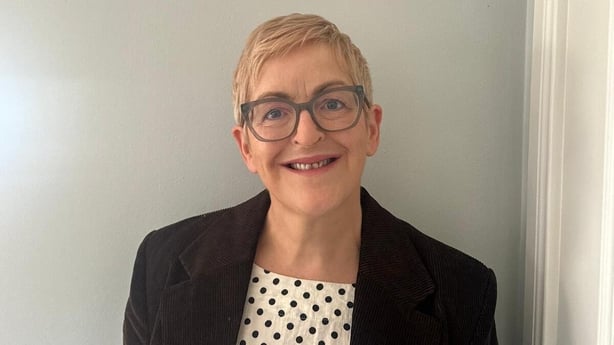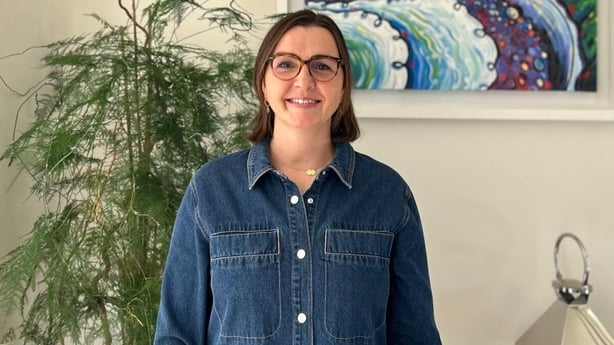Women returning to work after breast cancer treatment report experiencing unfair expectations, increased stress and even discrimination.
More than 200,000 people live or have been treated for cancer in Ireland.
For breast cancer, one in seven will be receive a diagnosis in their lifetime. As more people survive cancer, more people are returning to work after their treatment.
The CanWork research team in Trinity College Dublin is helping breast cancer survivors to return to work.
Principal Investigator of CanWork, occupational therapist Professor Deirdre Connolly, said that a lot of women say returning to work is hard.
“A lot of women feel ‘I’ve finished cancer, it’s over, I can get back into doing all the things I was doing before.’
“They really look at work as being a major milestone in that recovery from cancer.”
Social worker Marcella McDonnell was diagnosed with breast cancer in July 2023.
After completing treatment including surgery, chemotherapy and radiation therapy, she began to think about returning to work in September 2024.
“That was in my head,” she said.

Marcella McDonnell signed up to CanWork’s programme before she returned to work after treatment
“However, September came and I discovered I wasn’t ready from a mental health point of view and physically.
“Things got a bit tough, I had to seek out some supports for myself,” she added.
Ms McDonnell sought out counselling and supports via the Irish Cancer Society.
She heard about CanWork and signed up to their six-week programme and in April of this year, she returned to work.
She has built up her days from one day per week and is currently working three days per week.
“When you go back [to work], initially it can be quite overwhelming, quiet exhausting you feel quite vulnerable I suppose,” Ms McDonnell said.
“Going into work I was feeling really nervous, really anxious. I was really worried that I wouldn’t remember people’s names.
“It was really good to have done the programme and to know the ways I could work around these issues,” she added.
“My confidence was a bit wobbly going in.
“I’m quite a confident person but it really shakes your confidence.”
Special Needs Assistant Una Ryan wanted to return to work after her cancer treatment to “get a sense of normal back in my life”.
After surviving cancer, Ms Ryan said she was not “operating on a full battery”.
Ms Ryan experienced post-cancer fatigue so decided to return to work on a job-share basis rather than take on full time hours.

Una Ryan says she experienced post-cancer fatigue after treatment
The occupational therapists in the CanWork programme advised Ms Ryan that she not work consecutive days initially in order to conserve her energy.
“For me, the programme provided a safe space for women just like me, breast cancer survivors,” Ms Ryan said.
“I’m so grateful to have met the incredible women on that course.”
Many cancer treatments come with long-term impacts on the body.
“Sometimes they can have just difficulty doing simple, functional, everyday activities,” Prof Connolly said.
Fatigue is a big issue for a lot of the women who partake in the CanWork programme.
“The research is showing us that a large proportion of women who’ve been through cancer treatment experience higher level executive functioning problems,” she said.
“So things like problem solving, multitasking, organising, planning events, memory, concentration.
“When you’re back in the workplace and you’ve got these multiple demands, people asking you to do different things and just trying to manage that workload,” she said.
Many women of working age also have childcare responsibilities and other forms of unwaged work in the home.
When women first come back to work they are often welcomed by their colleagues. However, Prof Connolly said that the programme has also heard from some women that they have experienced discrimination after returning to work in terms of redistributing the workload and being overlooked.

